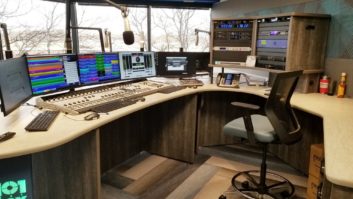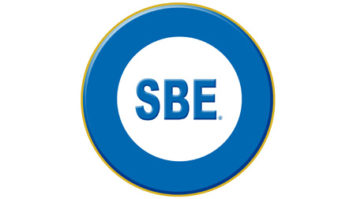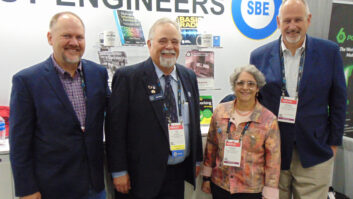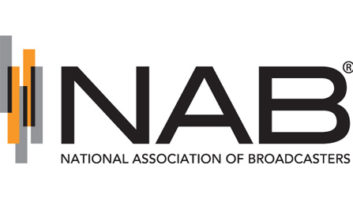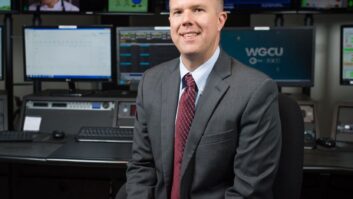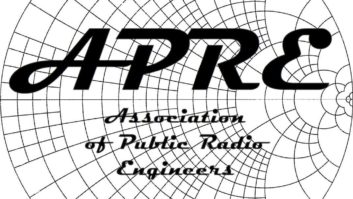The U.S. radio broadcast industry has long embraced the sagacity of engineering elders and treasured their technical advice and memories. But it also often laments a lack of younger blood. According to common wisdom, radio engineering heads are mostly gray; and when those retire, who will keep the industry humming?

Yancy McNair, Cumulus Media. “Someone once told me they would never ask me to do something they wouldn’t do themselves. That really stuck with me, and I’ve tried to live by that and pass that on every chance I get.” Radio World here begins a series of articles about engineers under 40 who are helping to answer that question.
Name: Yancy T. McNair, 37
Company/title: Cumulus Media — Vice President of Engineering
City: Houston, Texas
Certifications/memberships: SBE member
How did you get into engineering?
Yancy T. McNair: I started as a board op in 1996 at the age of 17. In 1997 the company I worked for purchased another radio station, and the engineer needed help building a new studio. From that point on I was hooked. I wanted to be an engineer. Shortly after the build I became his assistant, and I followed him everywhere, learning everything I could absorb.
What do you see as the most important industry trend affecting broadcast engineering today? How might it affect the profession going forward?
McNair: With the advancements of audio-over-IP and with computers controlling radio stations, engineers really need stronger IT skills than they needed just five or 10 years ago. Also, with radio stations adding more digital products, engineers are having to deliver audio to more than just a transmitter. Online and mobile streaming and the addition of video products are changing the way people interact with radio. In markets where the engineer handles it all, it’s becoming more difficult for them to keep up with all the changes. I think this is changing the way managers look at skillsets of engineering candidates.
What advice would you give to others?
McNair: There’s no one-stop-shop school to learn how to be a broadcast engineer, so asking questions is the way to learn. You will never know the answers to all the questions, but you need to know how to find them.
What’s an important thing that you’ve learned from an industry mentor?
McNair: Someone once told me they would never ask me to do something they wouldn’t do themselves. That really stuck with me, and I’ve tried to live by that and pass that on every chance I get.
We’re looking for candidates for future stories; email [email protected].





